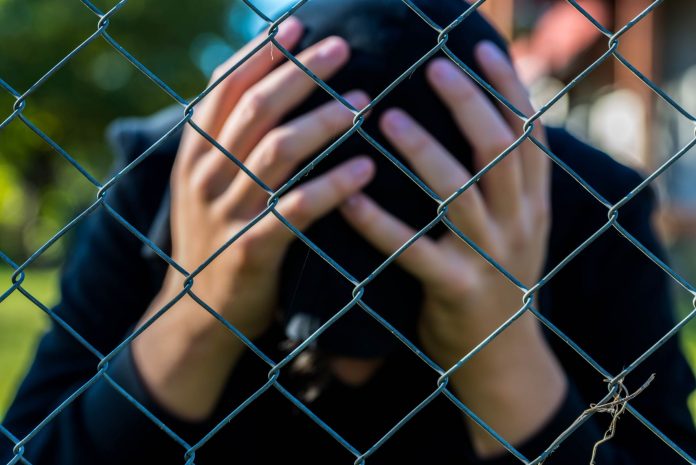A youth justice expert is concerned the proposed Caloundra remand centre has a significant shortcoming that could create major issues.
Public submissions have now closed on the proposal to repurpose the Caloundra Watchhouse into an overflow facility for alleged youth offenders awaiting trial, or a place to become available in one of the state’s three main youth detention facilities.
Youth Justice Minister Leanne Linard will decide the future of the controversial project, which community groups say is not a good fit for the tourist town. They believe that despite their protests, the controversial plan is already a done deal.
The watchhouse, which the State Government says is underutilised, is located next to the Caloundra Courthouse and Caloundra Police Station at the gateway to Caloundra on Gregson Place.
Golden Beach resident Tony Bridges, who previously was in charge of a South Australian detention facility for young offenders as the supervisor and deputy supervisor, says space is the big problem.
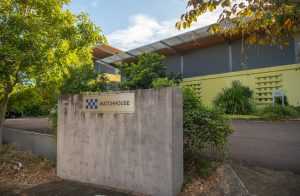
Limited areas for exercise and programs for idle minds and bodies had the potential to make the proposed Caloundra youth remand centre a powder keg.
Mr Bridges, who is also Caloundra Safe secretary and Golden Beach and Pelican Waters Community Association senior vice-president, said the proposed facility was so small that the 20 youths able to be housed there were “going to be in each other’s pockets all the time”.
Do you have an opinion to share? Submit a Letter to the Editor with your name and suburb at Sunshine Coast News via: news@sunshinecoastnews.com.au
Mr Bridges said the planned facility would be little more than a secure “holding bay” for the likely 16 and 17-year-old youths for up to 30 days.
Exercise and breakaway areas should be of paramount consideration, he said, just as occurs in the larger detention centres. But large, open spaces – a basketball court or football field, for example – were non-existent in the plans.
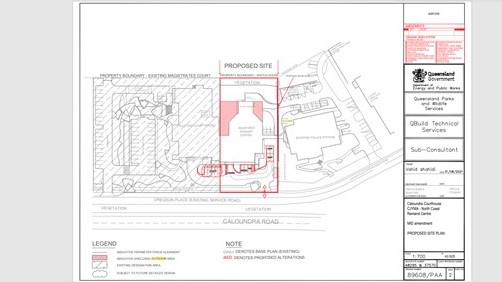
The proposed enclosed outdoor area to the rear of the building – to be situated on the existing hardstand area (a paved area for parking heavy vehicles) – appeared to be little more than a “get-some-fresh-air” facility.
“If you know 16 or 17-year-old kids, they are full of energy at that age and they need to burn it off,” Mr Bridges said.
“When we worked with young offenders in Adelaide, they had two shifts when the kids were awake and during each of those shifts, they always gave them exercise: indoor soccer, out swimming in the pool or something just to burn off energy.”
No breathing space seemed to be allocated to allow youths to break away into smaller groups in the Caloundra plan.
“It concerns me that you’re going to have a capacity of 20 kids there, two to a bedroom. That creates problems potentially as well because not everyone gets on for all sorts of reasons and they’re going to be in a confined area for a period up to 30 days,” Mr Bridges said.
“In the facilities I ran, we had several areas where kids could have breakaway groups and get away from each other. So, if a couple of kids didn’t get along, we separated them.
“They’re not going to have the facilities there to do that. They’re going to be in each other’s pockets the whole time.”
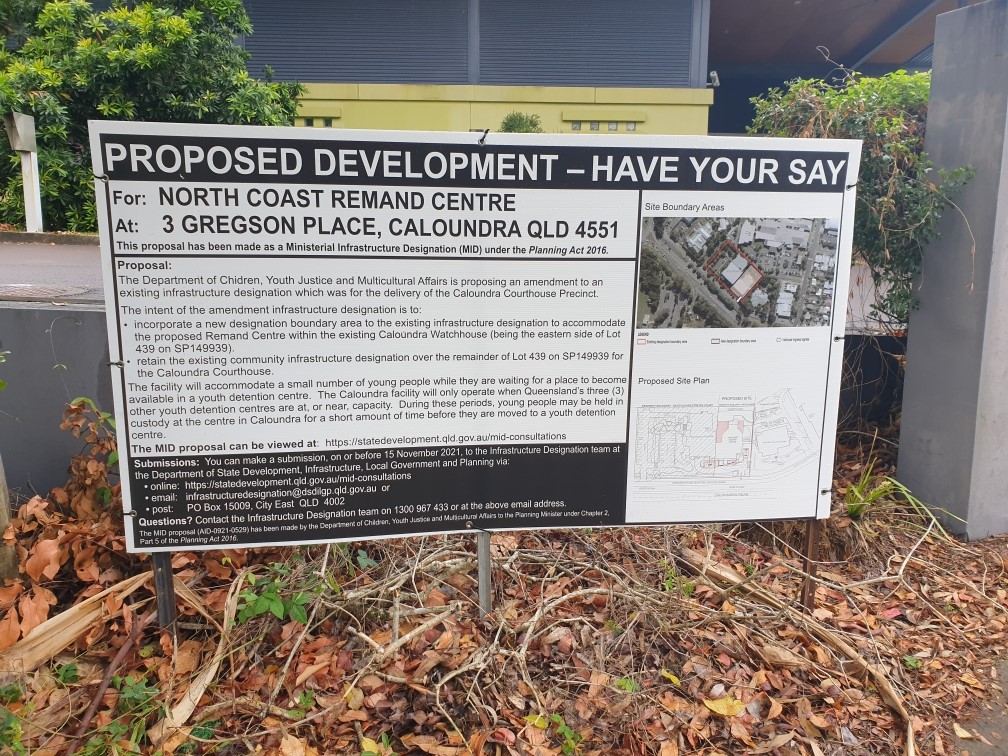
Mr Bridges, who has seen the proposed facility plans, acknowledged the State Government policy to rehabilitate youth offenders with the help of education, social and health programs.
The project’s Environmental Assessment Report reveals plans for significant support.
“The department will ensure young people detained at the centre are provided with opportunities for rehabilitation through daily routine and program delivery,’’ the EAR says.
“Daily routine will provide structure, clear expectations and a framework for young people to access programs that assist to address their offending behaviours and successful reintegration back into the community by promoting their social, behavioural, educational and vocational development.
“Daily activities will be coordinated with partner agencies including the Department of Education and Queensland Health.
“At the centre there are two non-contact rooms which are very small in size to support family visits.’’
Help keep independent and fair Sunshine Coast news coming by subscribing to our free daily news feed. All it requires is your name and email. See SUBSCRIBE at the top of this article.
However, Mr Bridges said that while larger youth detention centres with remand centres on-site could offer such programs, they would be impossible to implement in the limited space at the proposed Caloundra facility.
Current plans showed no large spaces devoted to educating alleged young offenders, teaching life skills such as cooking and hands-on employment or drug rehabilitation courses.
“That is their (state government) general policy but not for that centre,” he said.
“They will not send teachers in there.
“The only psychologists who will go there will be those who have been asked to provide psych report for the court. They won’t have them on hand to help kids when something happens, to sit them down and talk to them.
“In a detention facility such as one I ran in Adelaide, we had full-time teachers, we had a full-time nurse. We had visiting doctors.
“(At the proposed Caloundra centre) There won’t be any teaching. How are they going to do it?
“They don’t have the facilities to do teaching. They don’t have the proper exercise facilities. Anything they do is going to have to come from outside.”
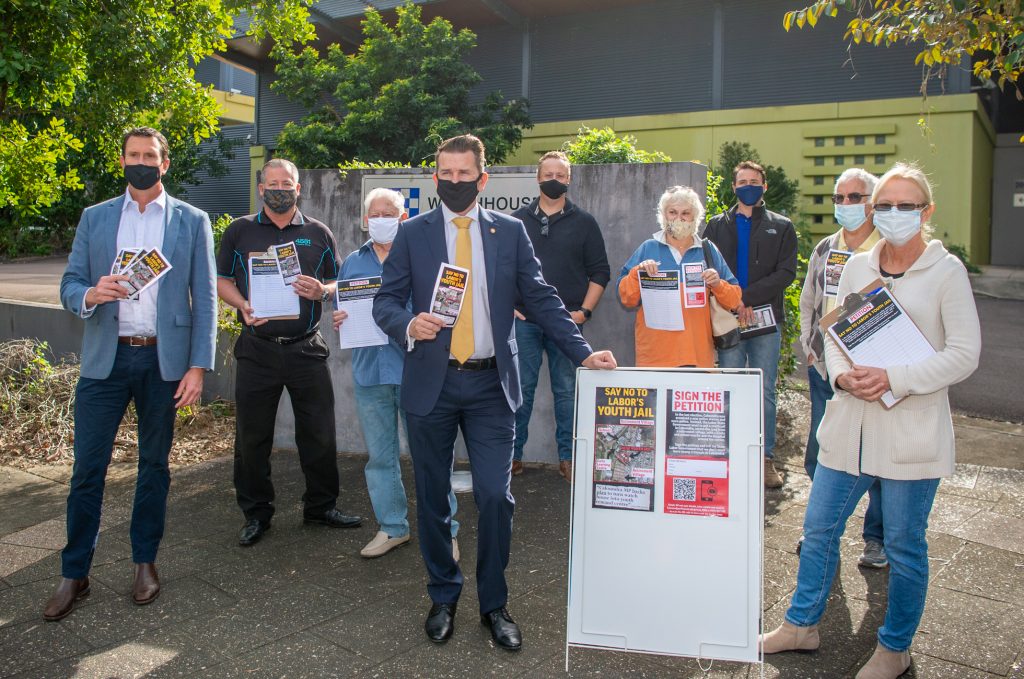
Without physical exercise and other programs to take their mind off their situation, youths also could experience anxiety and depression.
“These guys are going to be sitting there thinking about ‘Oh, what’s going to happen when we go to court’ … they’re not going to have a lot of access to family and friends,” Mr Bridges said.
“What are they going to be doing all day? Watching TV?”
Mr Bridges, who added his own 3000-plus words to the submission process, fears “people power” will not win this time.
He believes the State Government had simply “ticked the box” of community consultation and the proposed youth remand centre will go ahead as “a matter of convenience” because it is already available as a detention facility.
His main concern now is its close proximity to the Central Business District.
With his experience, Mr Bridges hopes the location is only temporary until a better, bigger site can be found at a later date, away from residential areas, because of the potential for “riots, absconding and fires” and their consequences.
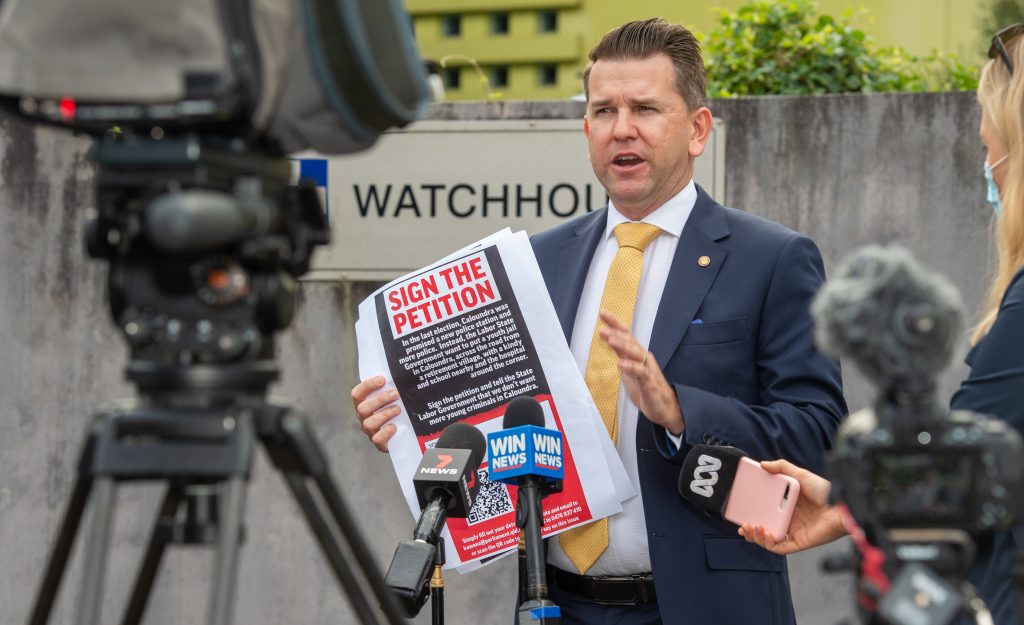
“I worked with young offenders in Adelaide for 17 years and the major detention centres are built, in fact they rebuilt them because they did have some in the suburbs and they found that was not practical for all sorts of reasons, particularly if things went wrong,” he said.
“So now, they’ve moved them into commercial land away from residential areas. If something happens, they’ve got easy access for police to come running or the ambulances or fire or whatever.”
Because bail laws had recently changed, Mr Bridges said remand centres now principally housed reoffenders, those who had allegedly committed serious offences and others who needed too many support resources to remain in the community.
“The reality is, it’s very hard to get remanded in custody if you’re a juvenile,” he said.
“Why? Because (the government’s) view is that young offenders need to have programs in the community, they need to be kept out of detention centres so they don’t meet other criminals and develop criminal mentality.
“So, there’s a whole hierarchy of interventions that can happen before they get remanded in custody.
Local journalists supporting local people. Help keep independent and fair Sunshine Coast news coming by subscribing to our free daily news feed. All it requires is your name and email. See SUBSCRIBE at the top of this article.
“Before, they were entitled to bail unless there was a good reason not to give them bail. Now, they’re not entitled to bail unless they have good reason to have bail. It’s the reverse.
“(Youth Justice) will have to be very vigilant about moving kids out of there, back to the bigger facilities, as soon as possible. So, if somebody gets remanded for a month, in a week’s time there’s a vacancy to go back, they should go there.”
A spokesperson for the Department of Children, Youth Justice and Multicultural Affairs has said feedback from community engagement would form part of an Environment Assessment Report, which would be used to inform the final planning decision to be made by the Minister for State Development, Infrastructure, Local Government and Planning.
In September, Caloundra MP Jason Hunt (pictured) moved to allay community concerns by distributing leaflets, titled “The Facts – forget the spin’’.
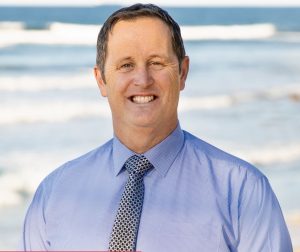
In the leaflet, he said the centre would remain secure and “young people are not permitted to leave and will remain closed off from the public’’.
“The centre will only be used when Queensland’s three youth detention centres are at capacity and space is needed to house young people on remand temporarily’’. This was clarified as being for “an average of 30 days’’.
Mr Hunt’s leaflet said the facility would not be staffed by police, but by Youth Justice personnel, therefore not drawing officers away from usual policing duties or impacting police budgets.
“Young offenders will not be released in Caloundra … those who are no longer in custody will be transported back to their own community.’’


